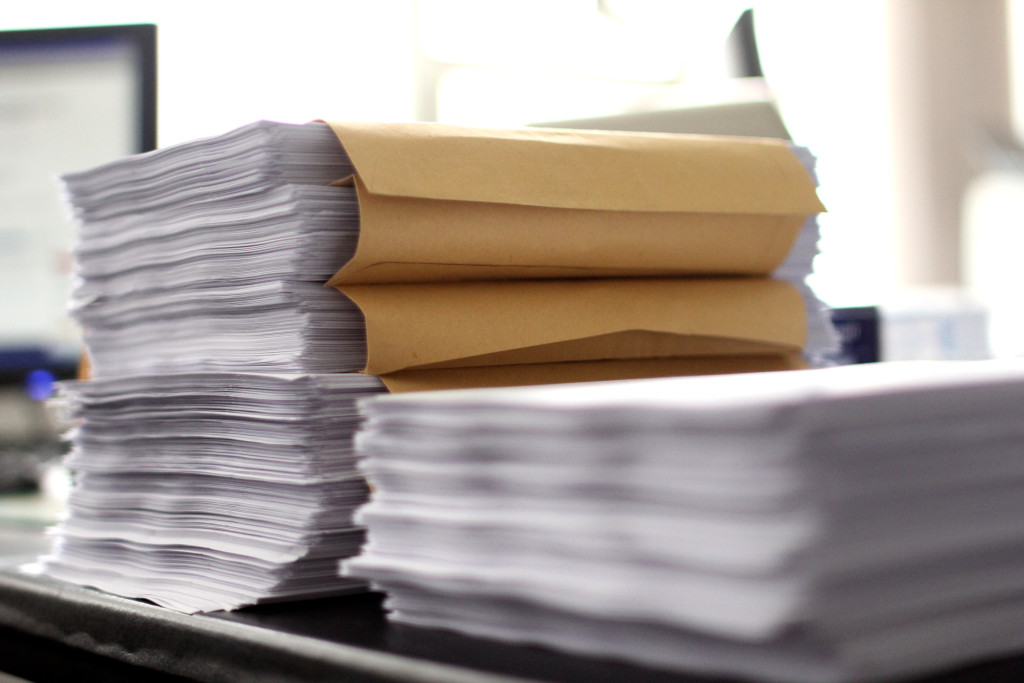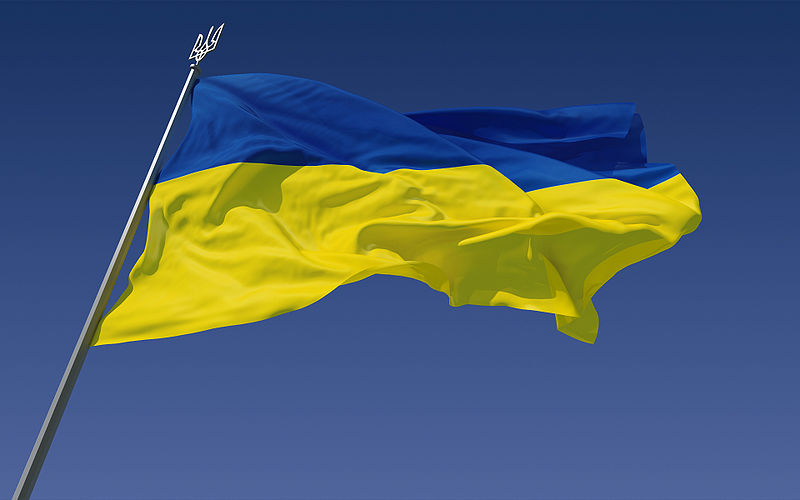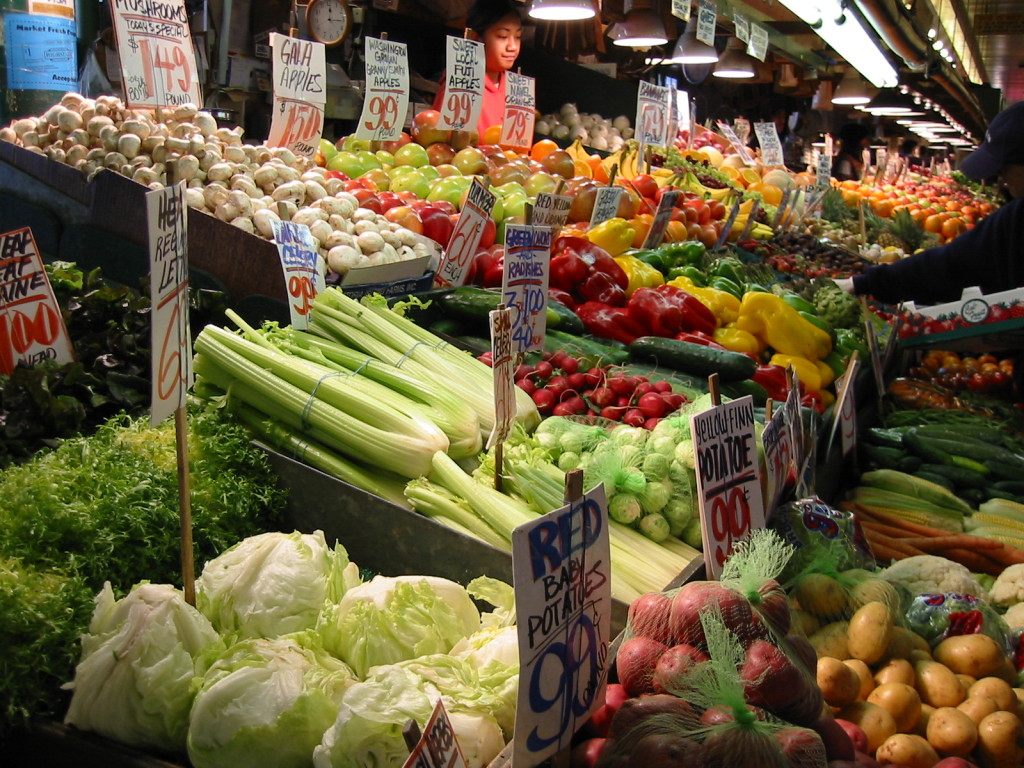
Trade Facilitation Means Transparency and Clear Rules for Ukraine
BY
Iryna Fedets AND The Institute for Economic Research and Policy Consulting - Kyiv / June 19, 2018
The first steps of the long-awaited customs reform in Ukraine started in 2017 only to be cancelled at the beginning of 2018. Meanwhile, customs clearance in the country remains lengthy and complicated, which is reflected in Ukraine’s low positions in comparative international rankings.









